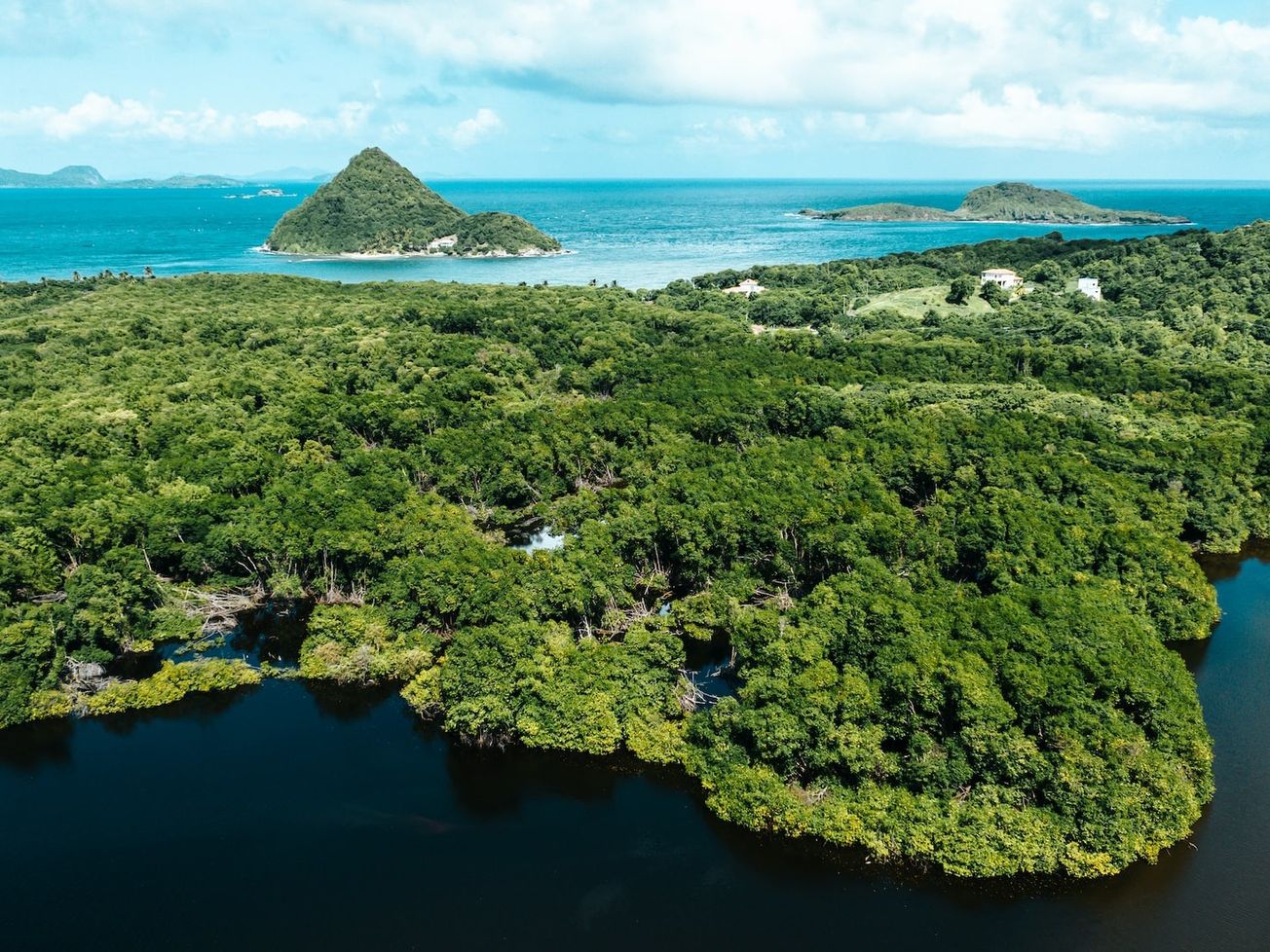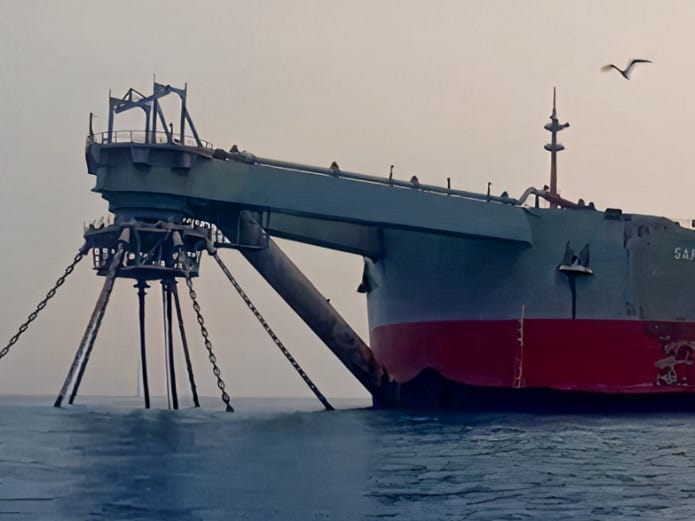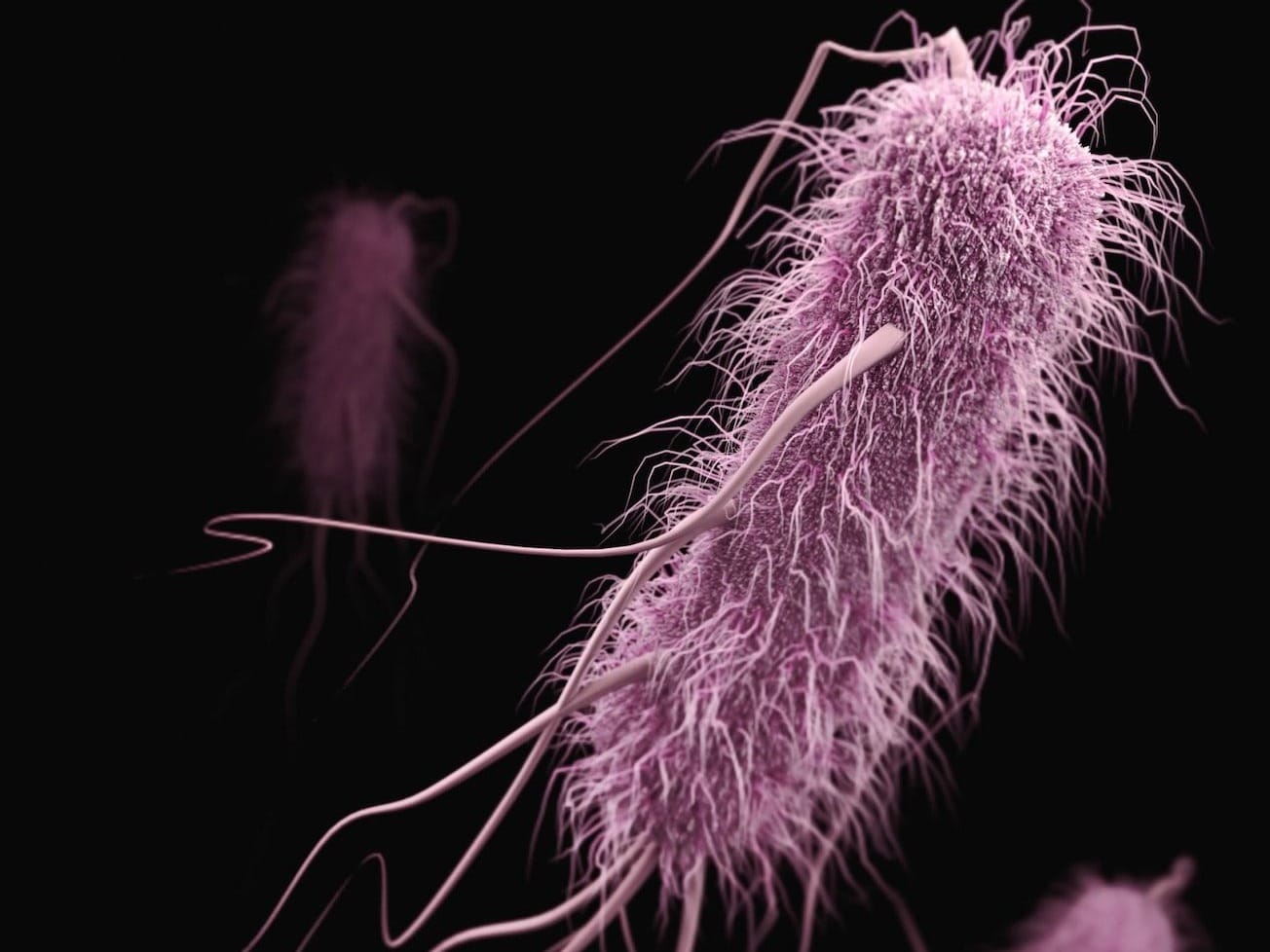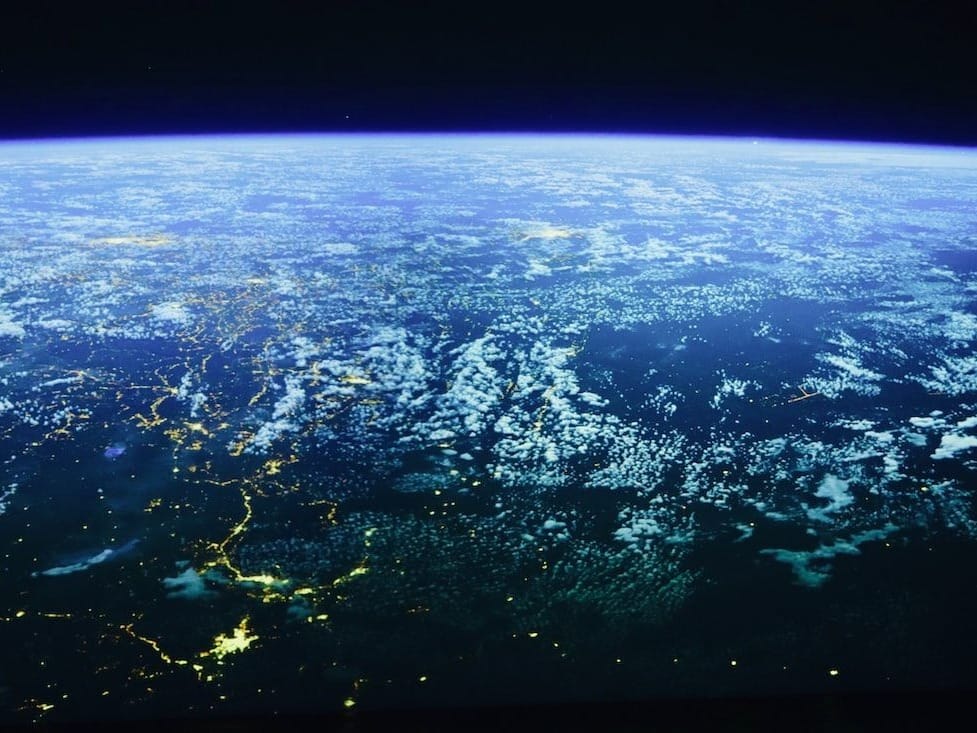
Plastic pollution treaty targets production or waste management
This is the third round of talks to develop an international legally binding deal that includes plastic waste in the ocean.
Already have an account? Log in
This is the third round of talks to develop an international legally binding deal that includes plastic waste in the ocean.
Government plans would blow past limits needed to limit warming to 1.5° Celsius above pre-industrial levels.
Two U.N. reports show how that more climate aid for developing nations could reduce the millions of deaths a year from climate shocks.
The ship-to-ship transfer extracted as much of the 1.14 million barrels of oil as possible, leaving under 2% aboard.
As climate litigation increases, the body of legal precedent grows, forming an increasingly well-defined field of law.
Without U.N. intervention, the tanker could have released as much as four times the oil spilled by the Exxon Valdez in 1989.
The summit ended with support for creating a "zero draft" treaty ahead of the next negotiations at Nairobi in November.
About 69% of all the plastics produced, mainly through fossil fuel burning, are used just once or twice before they are thrown away. About 22% is mismanaged. Just 9% is recycled.
The estimated annual social and environmental costs of plastic pollution range from $300 billion to $1.5 trillion.
Virtually all the world's nations are negotiating proposals under the legally binding Basel, Rotterdam and Stockholm Conventions to limit toxic chemicals, pollutants and wastes.
The head of the U.N. panel of climate experts called for quick action because 'inaction and delays are not listed as options.'
A stranded supertanker, moored off the coast of Yemen near a pipeline to oil and gas fields, nearly sank in 2020.
Fed by pollution and climate change, strains of bacteria immune to all known antibiotics may become a major cause of death by mid-century.
The ozone layer is expected to recover to 1980 values by around 2066 over the Antarctic and by 2045 over the Arctic.
UNEP's chief describes the summit as an opportunity to 'secure our life-support system, to make peace with nature.'
Millions of vaccine doses a year and nearly a third of all food produced is lost or wasted, according to new estimates.














